HotSpots H2O: In Wake of Explosion, Beirut Finds Water, Goods in Short Supply
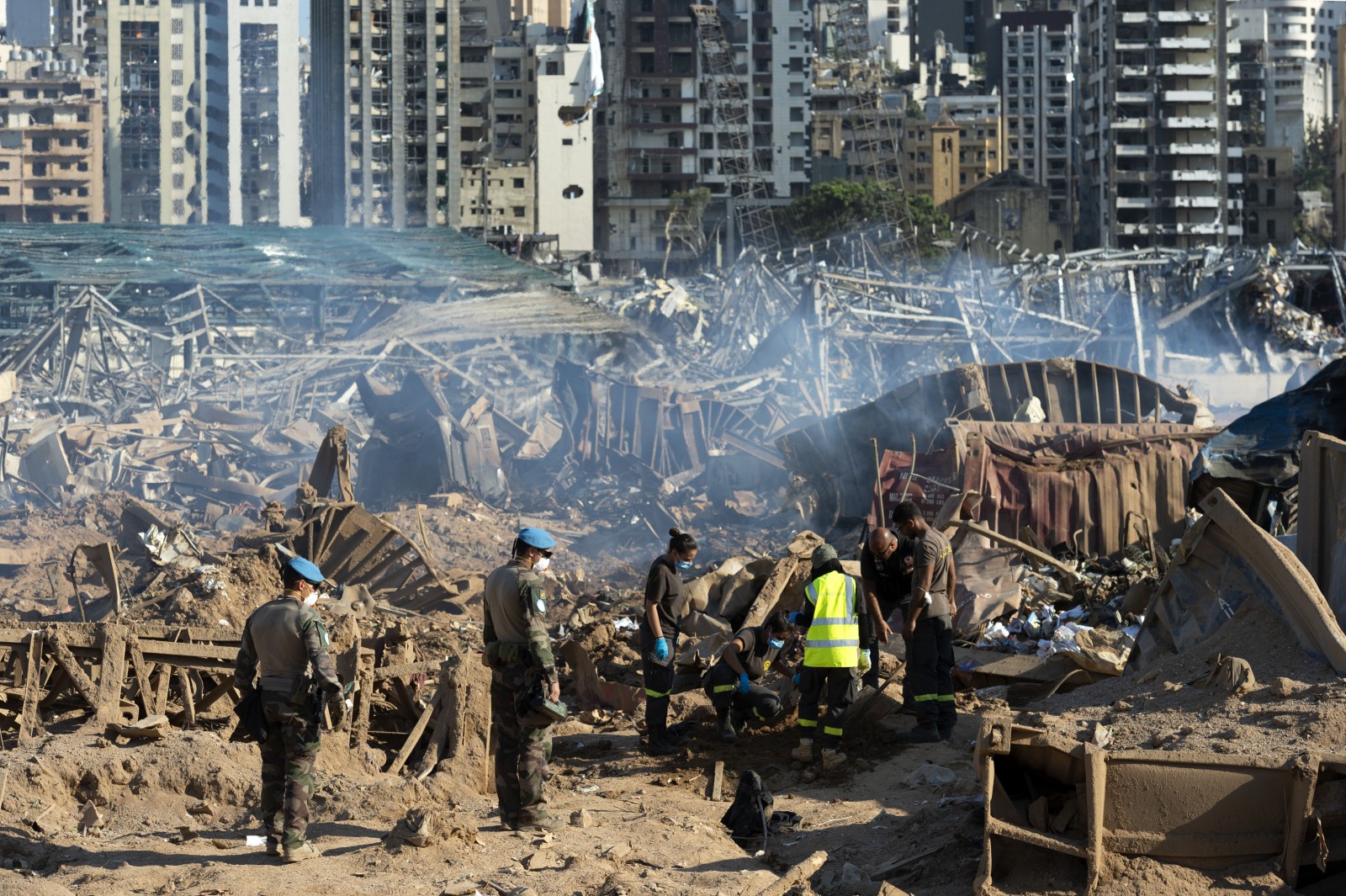
UNIFIL assessment team surveys Beirut port explosion site. © UNIFIL
Thousands of people in Beirut face intense water, sanitation, and food shortages as Covid-19 cases spike in the days since a massive explosion demolished the port in Lebanon’s capital.
The explosion, linked to almost 3,000 metric tons of ammonium nitrate that was stored at the port after the government confiscated it from an abandoned ship, killed at least 177 people and injured another 6,000. An estimated 300,000 are homeless. The blast — registering as a magnitude 3.3 seismic event — was felt in Turkey, Syria, and Israel, and heard 160 miles away in Cyprus. The explosion was followed by protests throughout the country and demands for the government to be held to account.
The explosion also disrupted basic water and sanitation services for many living in Beirut. Neighborhoods such as Burj Hammound, Jdeideh, and others reported shortages. Until water and sanitation networks are rebuilt, many families depend on the distribution of clean water, hygiene and disinfectant supplies, according to Action Against Hunger.
Beatriz Navarro, Action Against Hunger’s Lebanon country director, said that the top priority right now is connecting people to basic services. Teams are on the ground working with local organizations and volunteers to clean up debris from the explosion.
“As humanitarian needs change, we plan to repair water and sanitation structures while distributing essential non-food items,” Navarro said.
While repairs are being conducted, residents have been lining up for supplies provided by humanitarian groups. The Lebanese Red Cross is supplying emergency shelters for 1,000 people, but the organization anticipates serving as many as 10,000 families in the coming months. The explosion also punctured the country’s economy, which tumbled during the pandemic and plunged more than half the country into poverty, making it difficult for residents to afford supplies or food, according to Human Rights Watch.
The pandemic is not pausing to mourn. Since the August 4 explosion, positive cases of Covid-19 have increased by 30 percent and over 2,000 cases have been reported. Hospitals were overwhelmed before the blast, but now are even more limited. More than a third suffered damage in the blast. People are finding it harder to maintain physical distance, especially for those living in multi-family shelters, the International Rescue Committee reported. Impaired water infrastructure has also prevented people from practicing good hygiene.
Many countries and organizations have stepped in to help. Among others, France, Canada, the United Kingdom, and Qatar pledged assistance, UNICEF called for $46.7 million for the estimated 100,000 children with damaged or destroyed homes, and the United Nations launched a $565 million appeal.
Yet, a lot more must be done to respond to the disaster.
“The task of rebuilding people’s lives and recovering from the devastation is only just the beginning,” OCHA said Najat Rochdi, deputy special coordinator.
Elena Bruess writes on the intersection of environment, health, and human rights for Circle of Blue and covers international conflict and water for Circle of Blue’s HotSpots H2O.

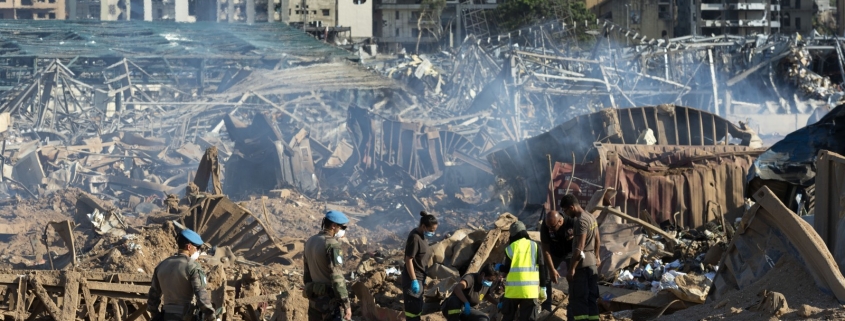

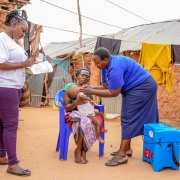
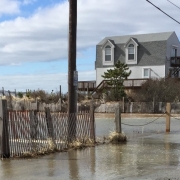


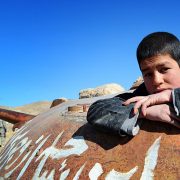
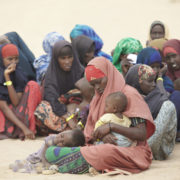




Leave a Reply
Want to join the discussion?Feel free to contribute!